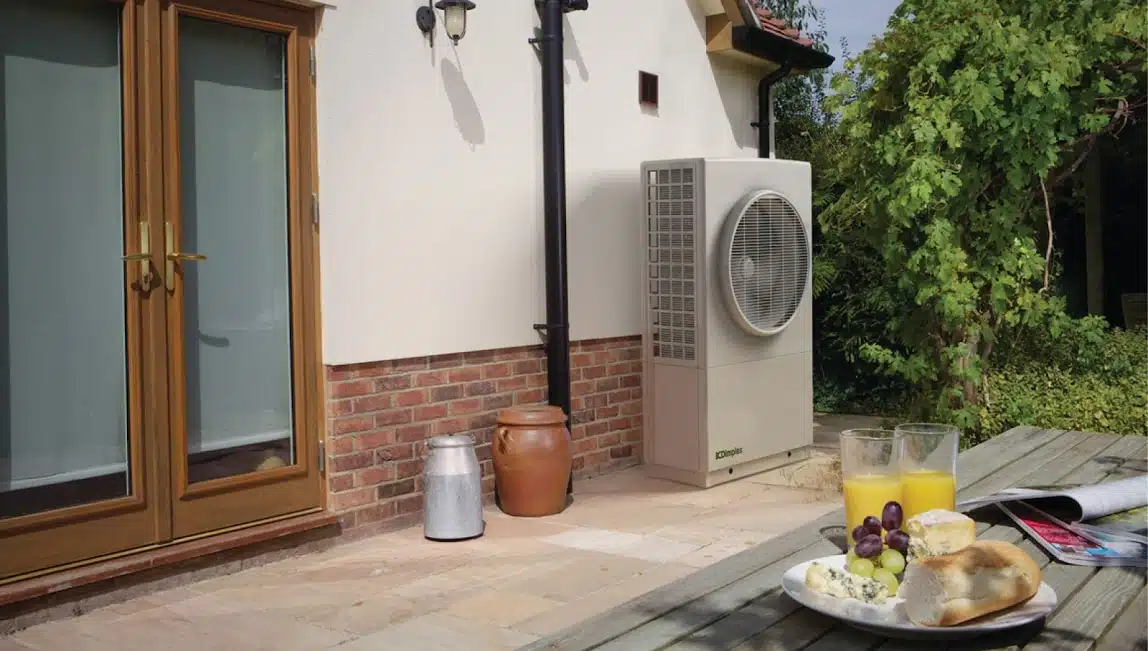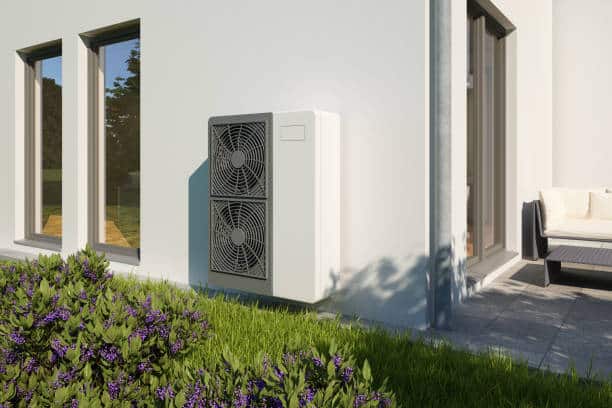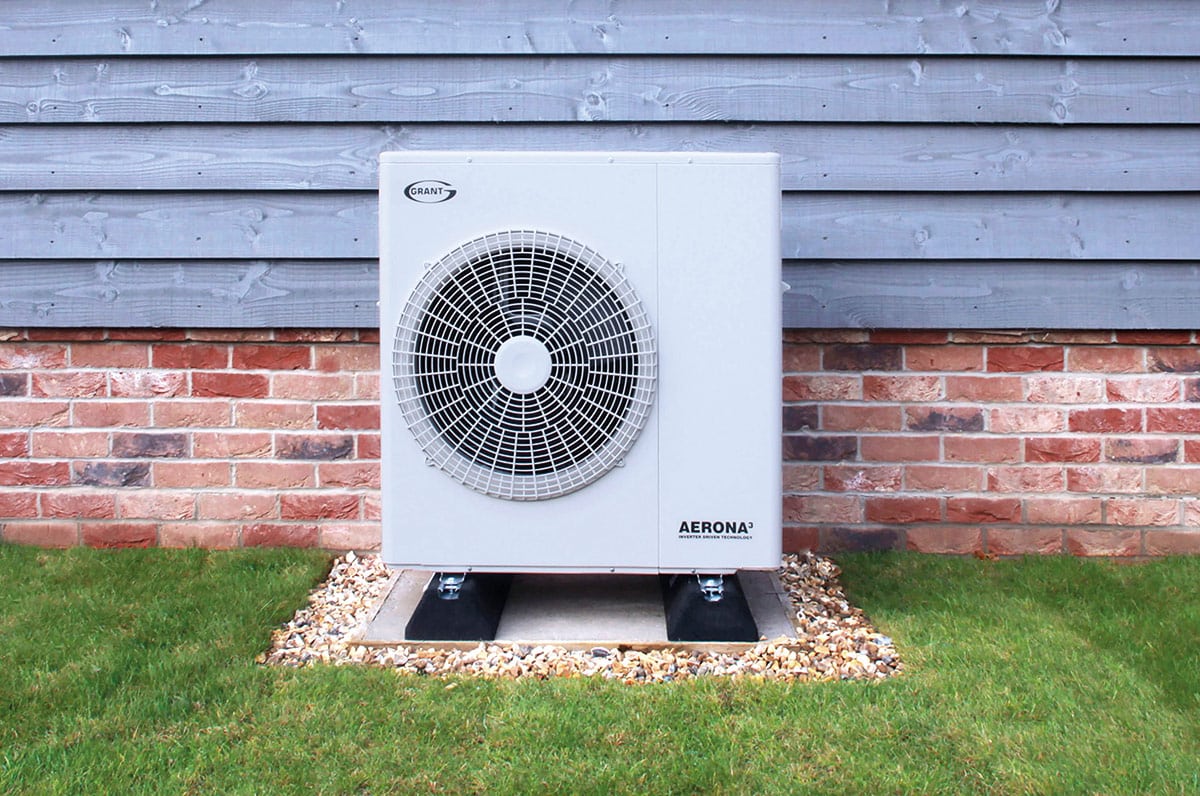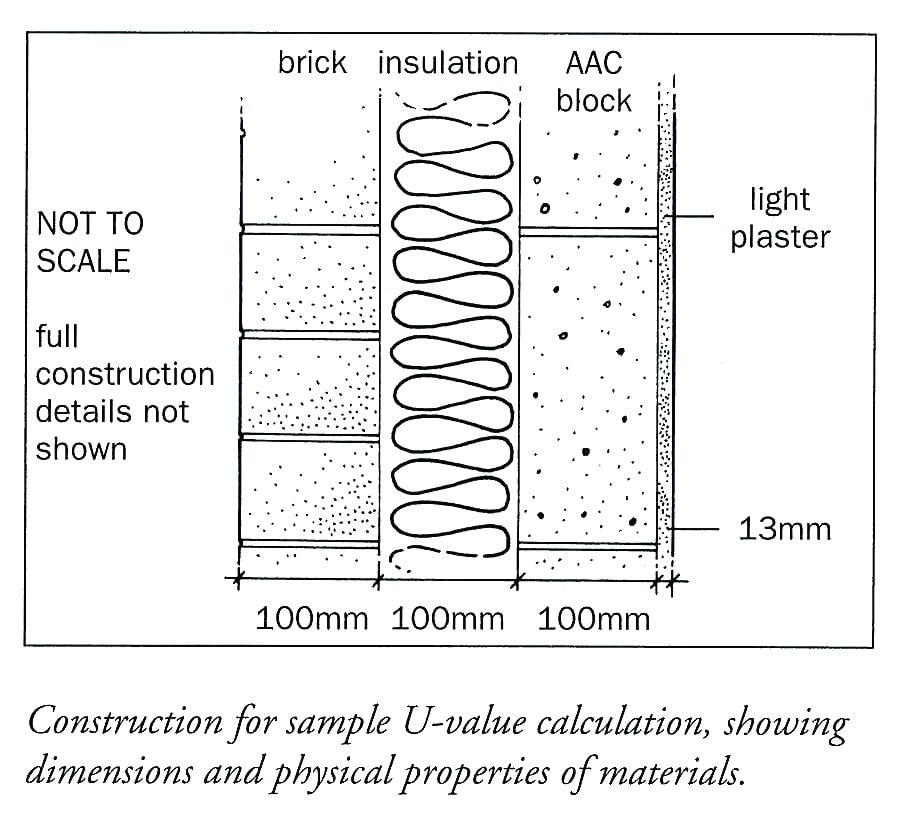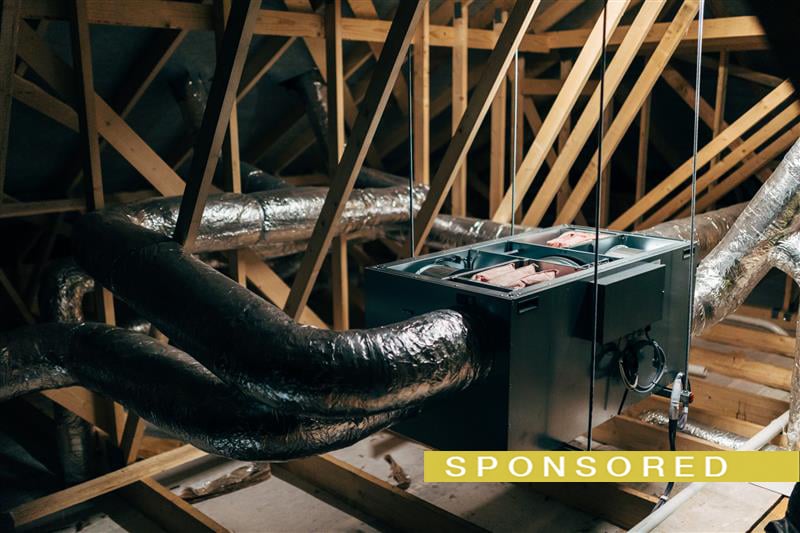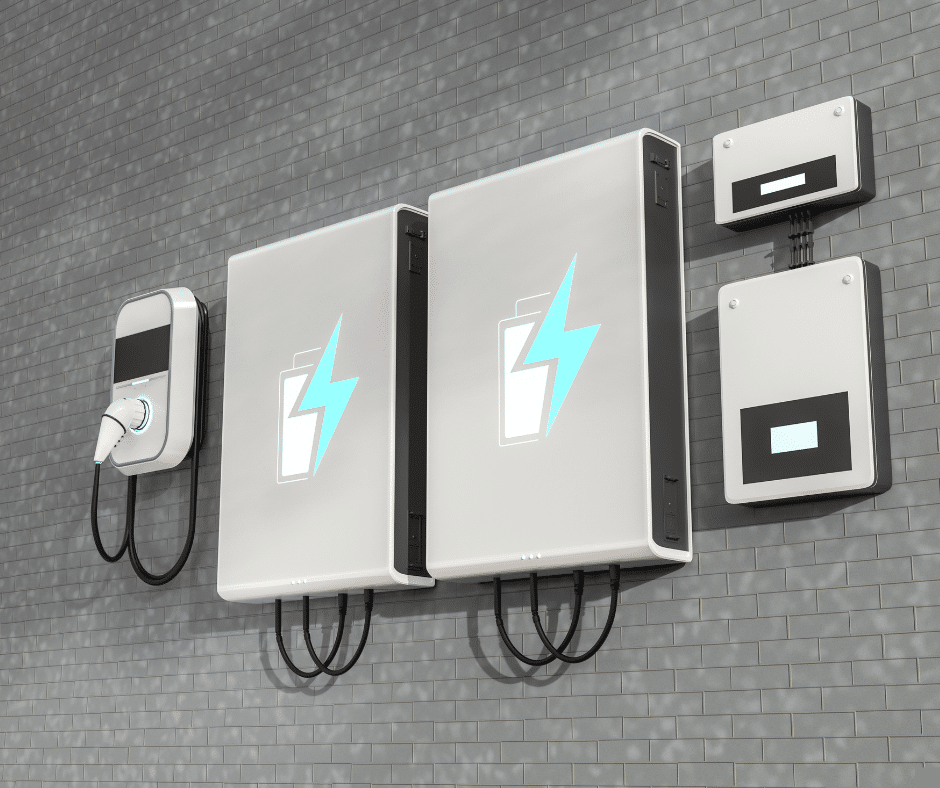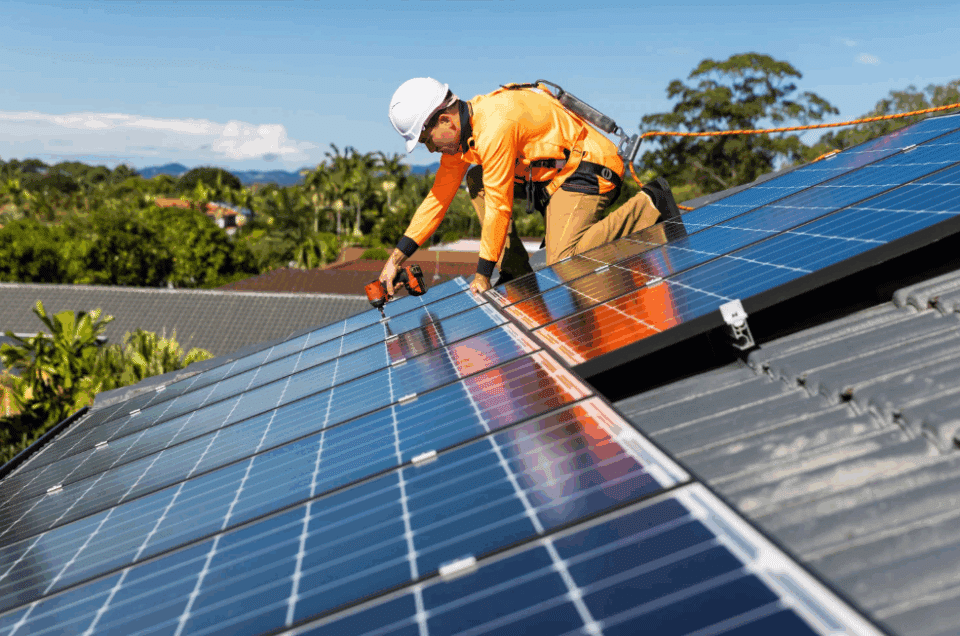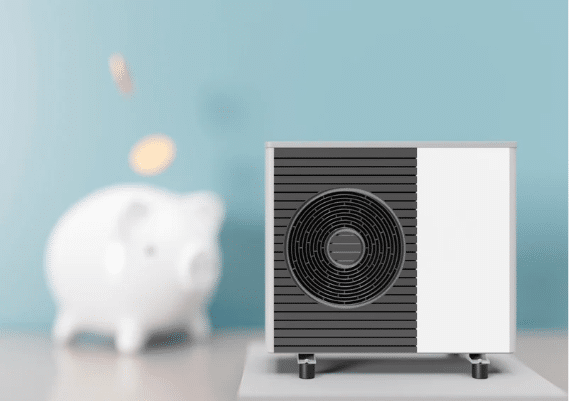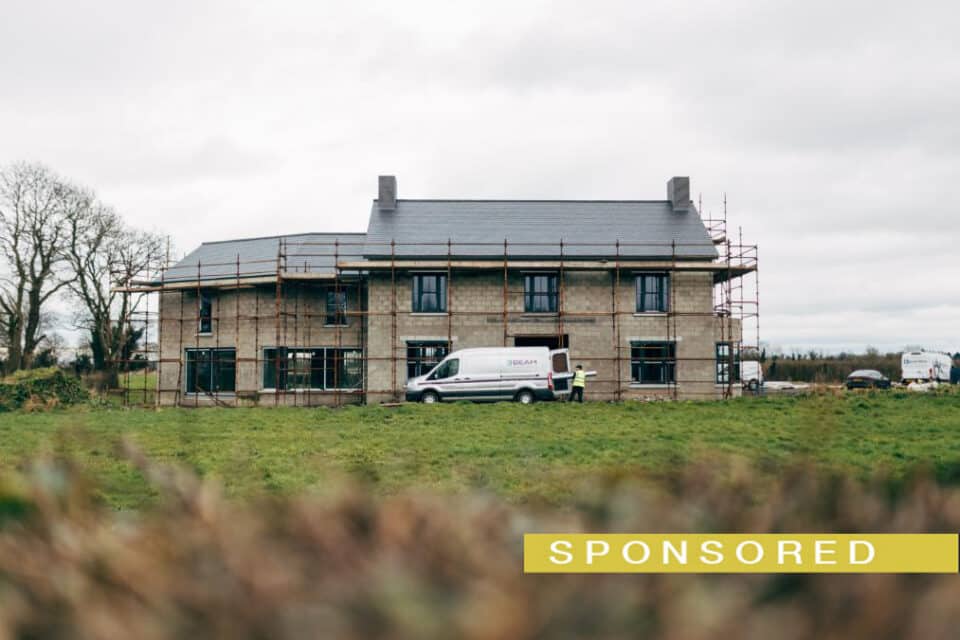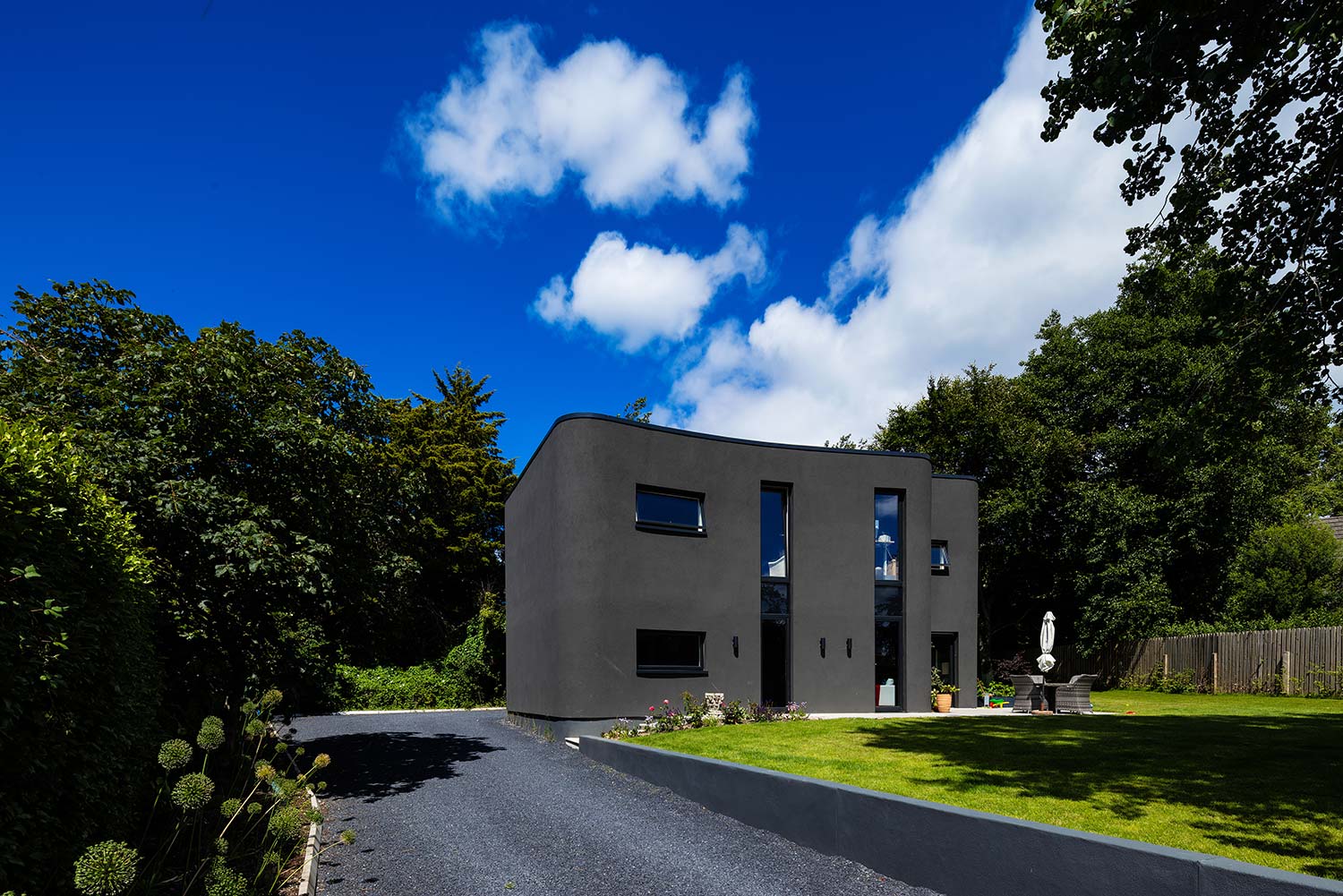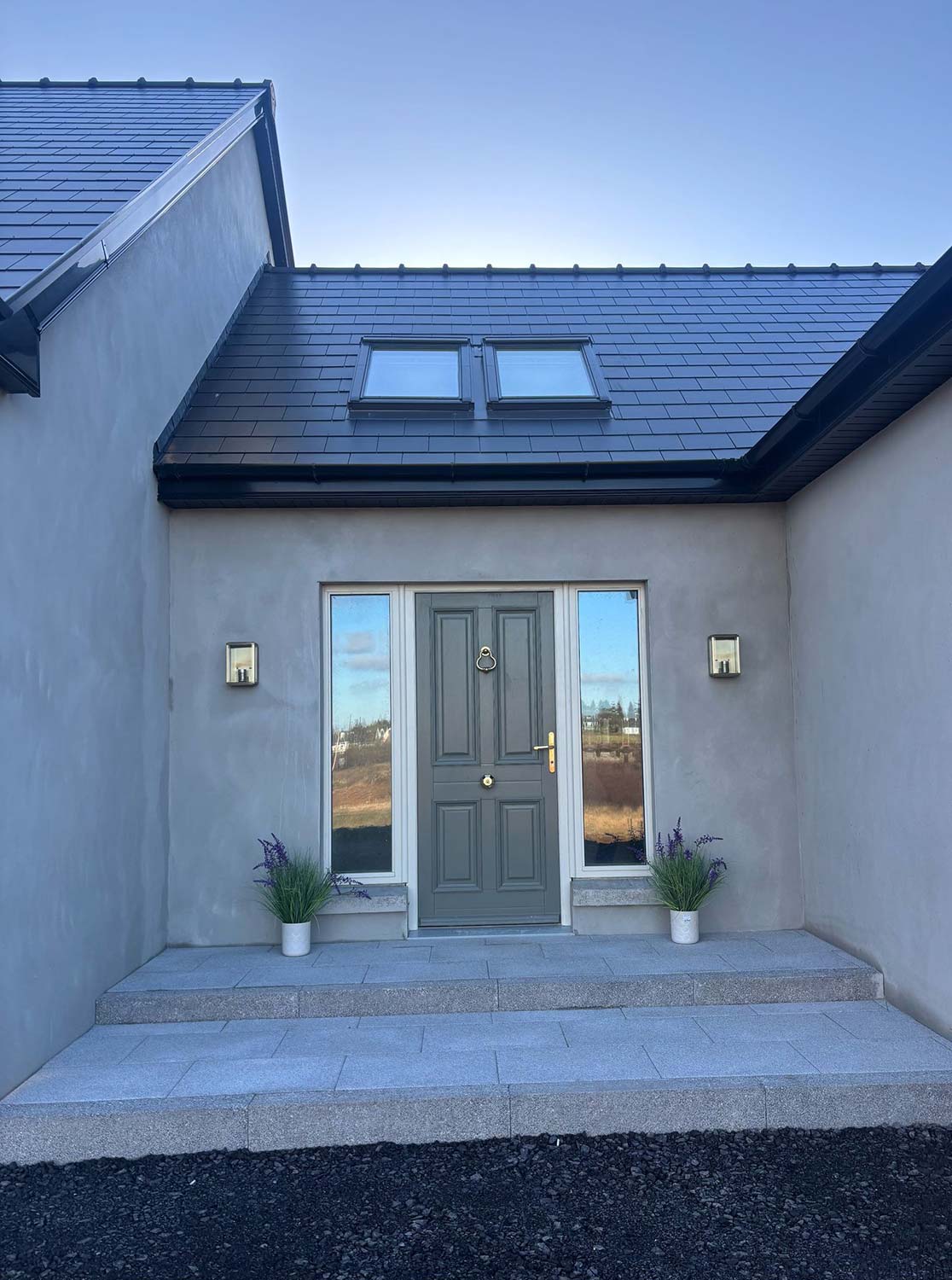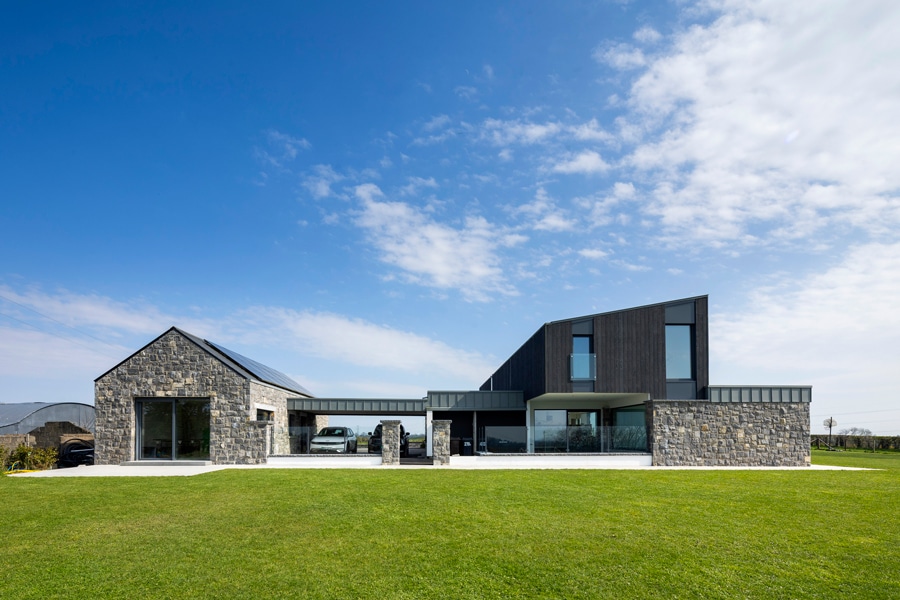Mould has starting appearing on fresh plaster; is it a good idea to power the heat pump on a generator to dry out the house?
Question: I am building a house but ESB Networks can’t give me a date for connection. Mould has started appearing on the fresh plaster and I’m worried. Have you come across anyone that has used a generator to power a heat pump to get the house dried out?
Answer: Yes, a generator can run a heat pump but the power ratings need to be known. You first need to find the heat pump input power requirements (kW) for starting it and running it. Starting power is usually higher than the running power. Check the manual for details and give these details to your generator hire company.
Typically, a fairly large generator would be required, perhaps with an output of around 20kW or more and this could be expensive to hire and run, so check costs.
An alternative would be to forget about the heat pump and consider running dehumidifiers or electric fan heaters, or a combination of both. A dehumidifier will dry out air faster than a heater.
Depending on the size of the space to be dried, a smaller generator would then suffice. You would still have to work out the total input power required for the appliance(s) to be used.
I would suggest hiring a dehumidifier suitable for the size of your construction project and a good hire company will be able to advise on what is best for you.
If thick floor screeds were used in the construction, they will take a longer time to dry.
Finally, when running a generator or other electrical appliances, always adhere to the relevant health and safety guidance. Check the manufacturers’ documentation and also sources such as the Health & Safety Authority and ESB Networks.

